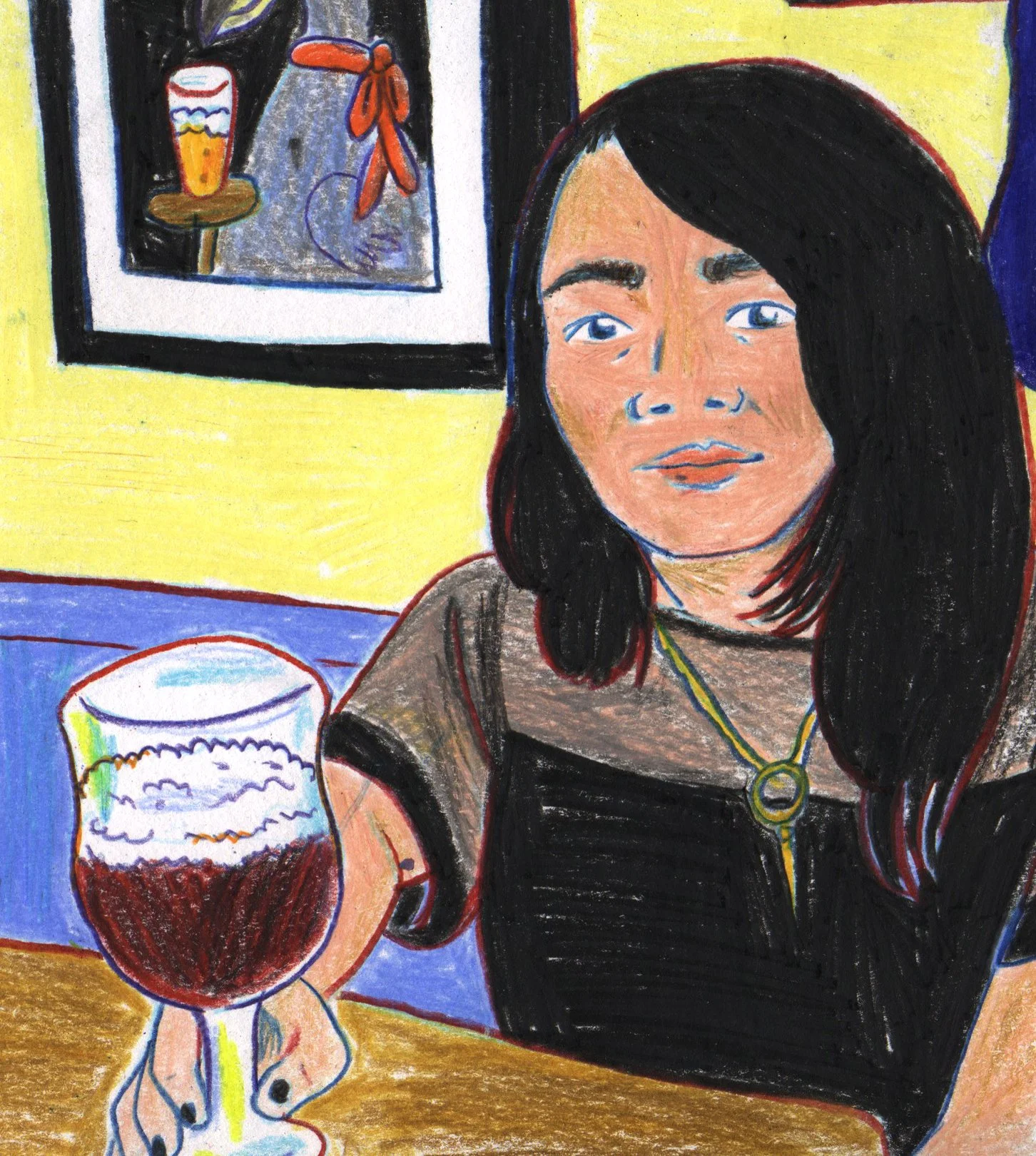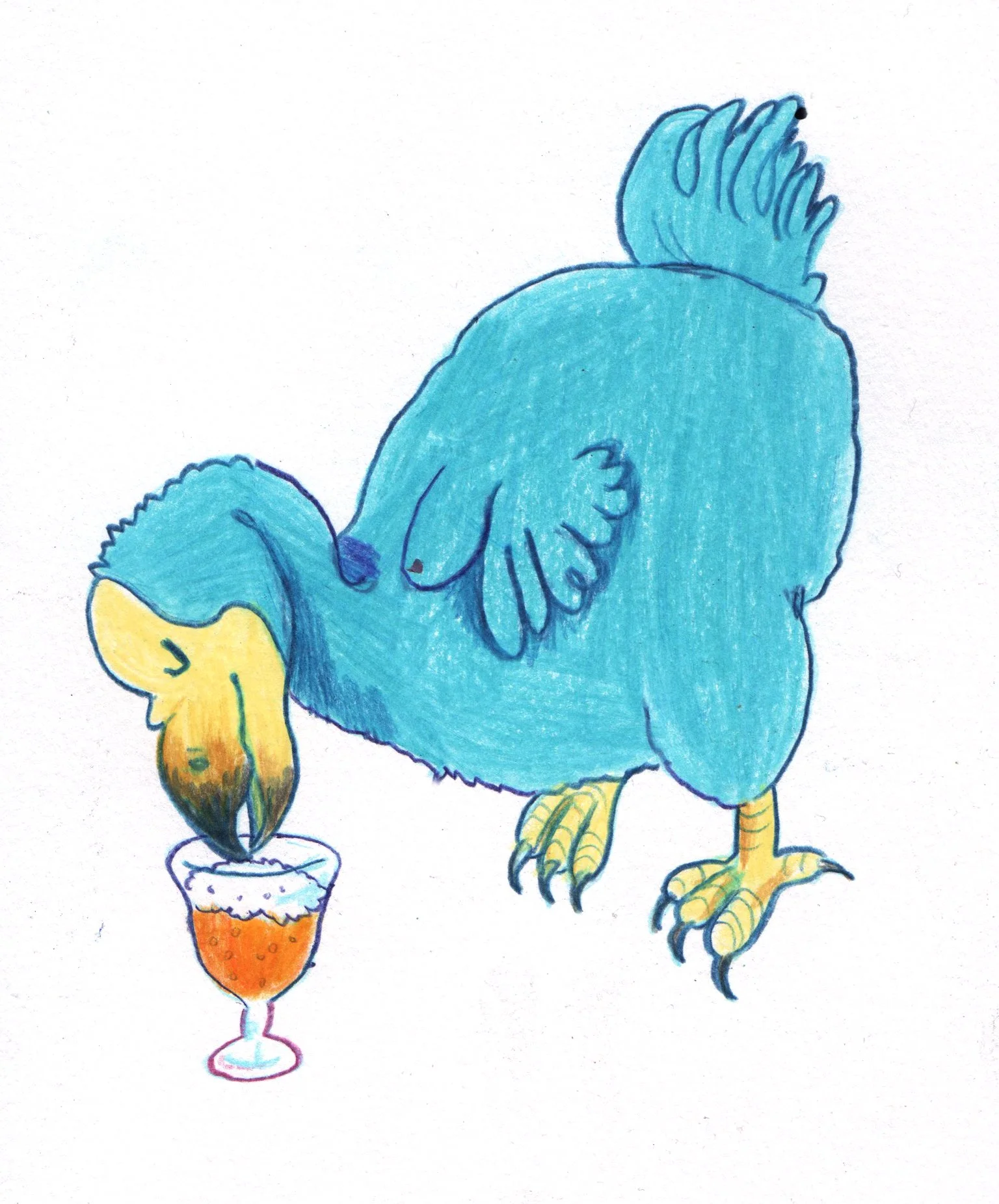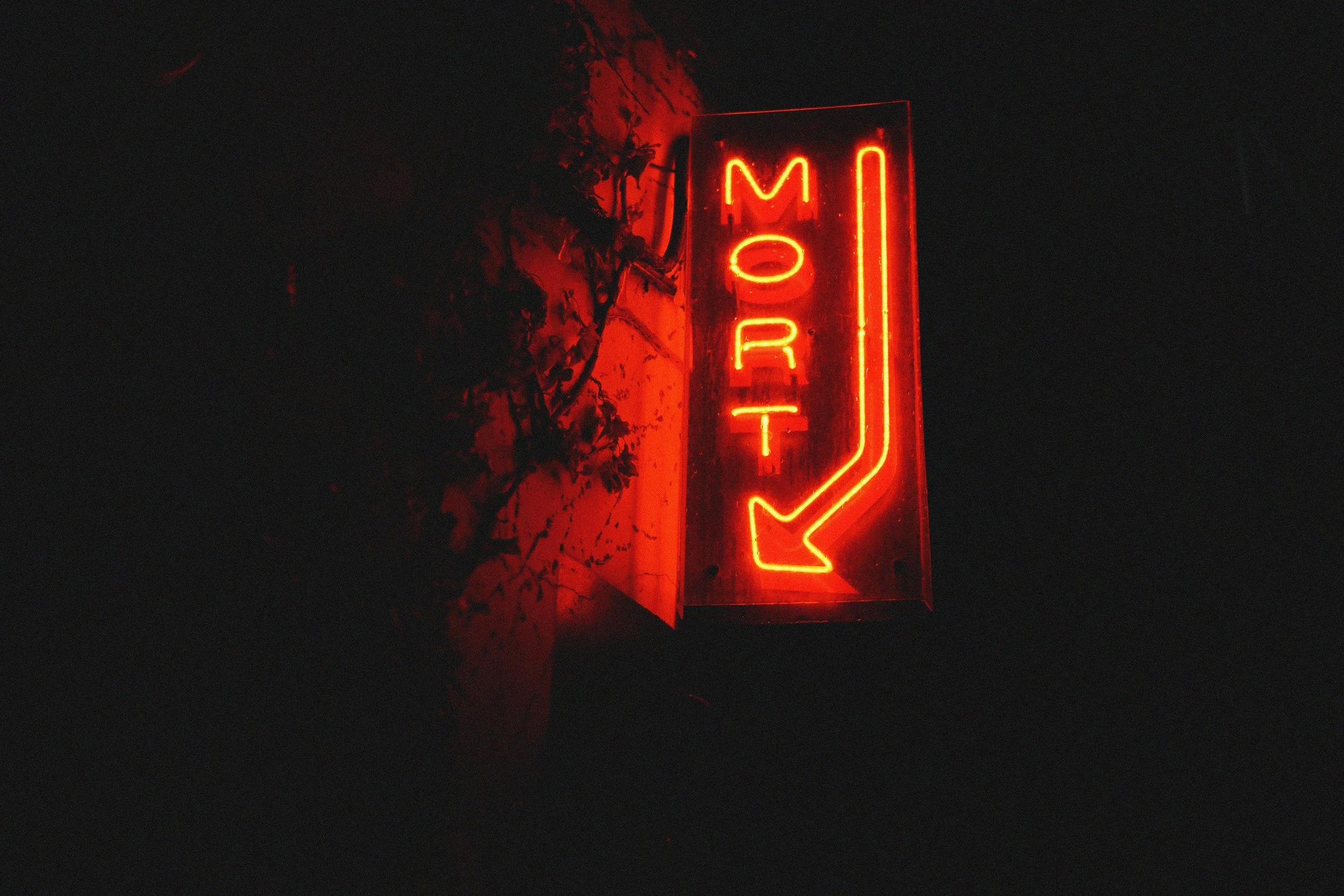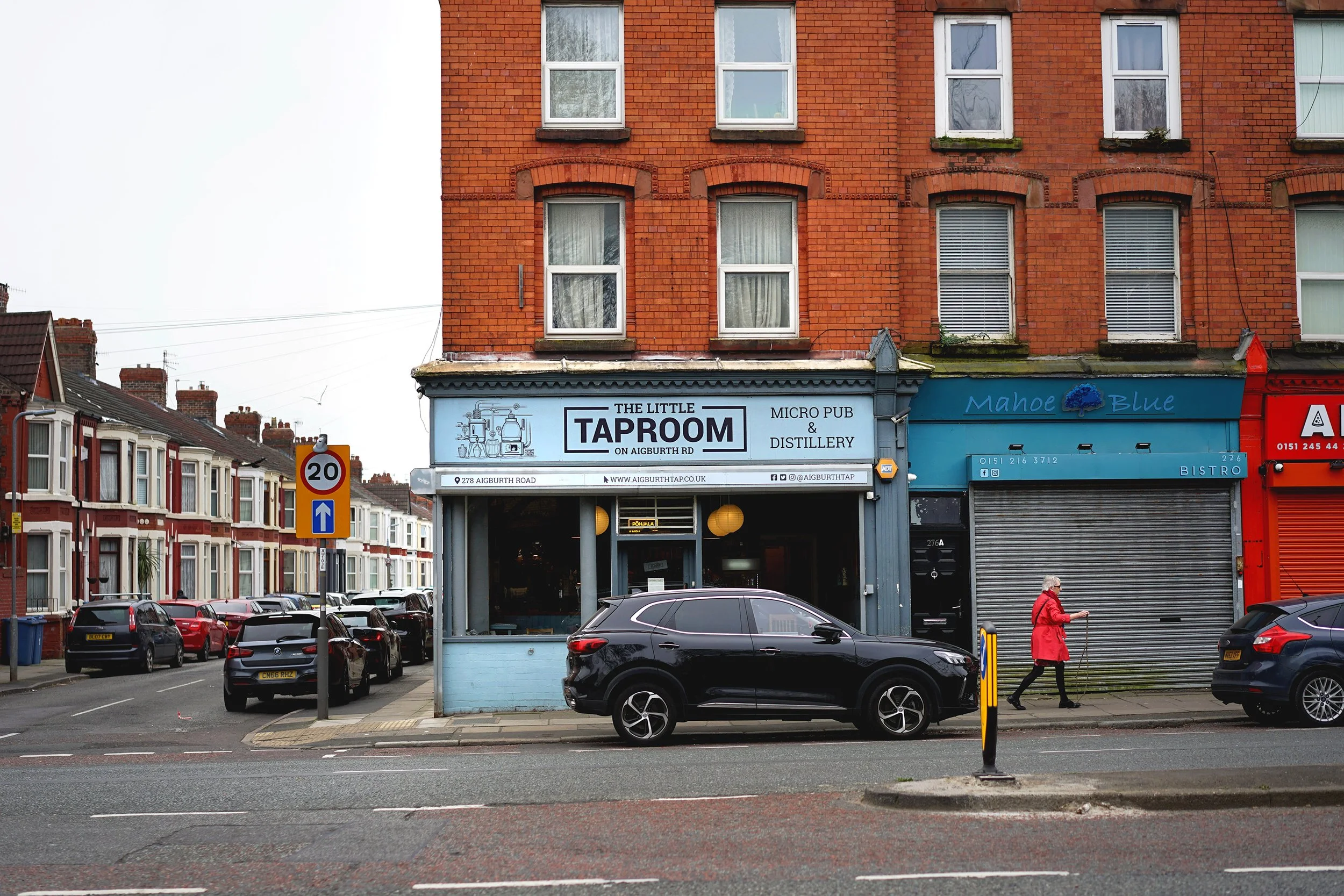Birdhouse In Your Soul — Lucy Do and The Dodo Micropub in Hanwell, West London
“Blue roll, I love youuu,” croons Lucy Do into the camera, cradling a large cylinder of blue commercial kitchen roll as if it were a sweetheart at a waltz. She stops just short of kissing it and ends the recording.
Lucy is at her micropub, The Dodo, just before opening—it’s 4 p.m., and there will be people arriving for a drink within minutes. Later, she posts the video on Instagram and TikTok, where it garners thousands of views.
This is just a regular Wednesday at The Dodo, West London’s multi-award-winning micropub, which has harnessed community as the heart of its thriving business since the beginning.
***
The Dodo, with its unapologetically bright blue façade, sits on a narrow road perpendicular to Uxbridge Road, the main high street in the West London neighbourhood of Hanwell. A rapidly developing area due to its recently opened Elizabeth Line station, Hanwell still feels more like a country village (people even greet each other on the street!) than a place that’s 20 minutes from Paddington; it also has a whopping nine pubs.
When Lucy decided to move away from marketing monotony after an unexpected redundancy in 2015, her immediate inspiration was The Just Reproach in Kent, one of the U.K.’s first micropubs.
“I’ve always loved great beer, and while I joke that my sociology degree led to nothing, there’s no better use than to set up a social space and then ‘ology’ it,” she says in her usual warm patter, followed by a big smile.
Though she originally planned to open in nearby Northfields, due to its relative affluence and lack of pub competition, Lucy found the absence of community feeling there off-putting. To realise the vision of what The Dodo could be, she turned to Hanwell instead.
What makes a micropub? Lucy defines it clearly: “Micropubs are fiercely independent, supporting not only breweries but producers from graphic designers to crisp makers.”
Illustrations by Hannah Lock
They have limited capacity and typically reject TVs and loud music, prizing conversation as the main form of entertainment. The forming of community is inherent and inevitable, with patrons unlikely to sit in isolated silence because—simply put—everyone is physically close.
Over time, a community of ambassadors for The Dodo has emerged, calling themselves (with some irony) The Hanwell Massive. They’re easy to spot: Donning Dodo T-shirts at every beer festival, they span age, race and gender, and represent an almost cult-like following. Lucy laughs at the cult comparison, but knows it’s not that inaccurate.
“I can see how people might think: She has people who wear matching T-shirts, a group name, a physical hub where they convene. If you were describing it with no context, that is how one might depict a cult.” She pauses and grins for a moment. “Maybe we are a cult, I don’t know.”
***
Inclusivity is one of the values at the heart of The Dodo, and Lucy is conscious of the fine balancing act it requires.
“I want to ensure everyone feels welcome, to create a safe space where people, especially women, can feel comfortable drinking—alone, too,” she says.
““This isn’t a facilitated space for people to make friends, but it is very much a curated space for people to be in a warm social setting.””
“If regulars are sitting together doing their own thing, though, that isn’t cliquey,” she adds. “This isn’t a facilitated space for people to make friends, but it is very much a curated space for people to be in a warm social setting.”
The Dodo’s team of just five people reflects this, ensuring that every visit feels familiar. “Plus,” Lucy tells me, “I only hire people with more personality than me.”
The Dodo’s design is a final masterstroke. With tables around the edges and a through-space running down the middle, it ensures a communal atmosphere. There is also the unconventional choice to situate the cask beer storage far from the bar, so bartenders must cross the space to pour it. Extra cardio is not the only benefit—it helps the whole pub feel like part of the action.
When I praise this choice, Lucy pushes back. “I wish I laid it out slightly differently. We create more work for ourselves,” she says. Yet making something inefficient into part of the magic is The Dodo in a nutshell.
Lucy is extremely detail-oriented, focused on a consistently joyful hospitality experience. “Lucy is excellent at information-sharing,” Andy James, a Dodo regular, tells me. “So many pubs close early, or open late, and don’t say anything. With Lucy, if she’s doing anything unusual, it’s immediately on socials. She is constantly in tune with customers, regular or not.”
Her social media output is relentless. “She’s a marketing professional, after all,” says friend and former bar manager Michael Williams, noting that every post is either educational, entertaining, or informative. For some, posting is a chore; for Lucy, it’s clearly a delight.
“My approach is captured in a quote I love: ‘I am cringe, but I am free,’” she says. “Even though it can take hours for a video, it’s my creative outlet.”
Every successful business has its turning point. For The Dodo, it was winning Pub of the Year at the 2022 BeInclusive Hospitality Awards, especially given it had just been omitted from CAMRA’s Good Beer Guide, despite winning Ealing Pub of the Year and West Middlesex Pub of the Year multiple times.
“The face of the pub industry, for a long time, has looked mostly one way,” says Lorraine Copes, Founder of BeInclusive Hospitality. “Lucy is refreshing, yet at the same time embodies traditional publican warmth. She is creative with bringing people through the door, and makes beer accessible. A prime example of why I love hospitality—someone’s why starts with their passion, and they make it into a successful business.”
***
Born in London to Vietnamese parents, Lucy knows something about navigating intercultural benefits and challenges. After appearing in a documentary, Micropubs: The New Local, on the now-defunct TV channel London Live, she received racist threats online. Yet she tells me how this made her even more determined to be someone other Asian women could emulate.
“I’ve felt like the token ‘non-white person’ before. True diversity forges inclusivity on an equal playing field, not because it’s a hot topic,” Lucy says. “My goal is to be a leader and changemaker, and though white men are still often handling the diversity, equity, and inclusion presentations, we’re slowly figuring it out.”
Lucy’s upbringing has also subconsciously influenced The Dodo itself.
“I’m proud of my heritage, but it’s complicated,” she says. “A lot of my tenacity and drive comes from Asian parenting; the flip side is having to unpick the idea of pleasing everyone, or that everything needs to be achievement-based. It sounds a bit ‘woo,’ but you have to heal a part of your upbringing to realise there are other ways of existing in the world.”
The award win helped do just that, confirming to Lucy that her values of hospitality, community, and resilience have intuitively become those of The Dodo. “When I visited Vietnam for the first time recently,” she says, “I found Hanoi to be massively community-oriented, and it suddenly made sense to me why The Dodo works the way it does.”
***
The beer offering at The Dodo is robust, featuring six rotating cask and keg taps. Lucy’s commitment to independent breweries might seem expensive, but the audience it draws reveals the benefits of the decision. Curation can pose a dilemma when a given beer doesn’t appeal to drinkers, however.
“When I want to support women-owned breweries, for example, but know certain styles won’t sell—there’s constant tension between emotional connections and business necessities,” she says. “But if I’m not making the right decision for the business, it doesn’t succeed, and everyone loses anyway.”
Events are also a big part of The Dodo’s business model. One example is its recurring free cheeseboard Sundays, which were initially met with scepticism from other pub owners. “I buy the cheese myself,” Lucy says—flashing her beaming smile again—then reveals the marketing nous behind the dairy. “Internal events reward people for their loyalty, give them something to enjoy with their beer, while external events build relationships. They’re all part of the ecosystem we are trying to create.”
““True diversity forges inclusivity on an equal playing field, not because it’s a hot topic. My goal is to be a leader and changemaker””
Relationships are pivotal to Lucy’s approach; on occasion, she has closed The Dodo to support local events if she shares values and has a good rapport with the organisers. “If The Dodo is going to be quiet anyway, why not help out? What would I gain from sitting in an empty pub, bitter at my regulars who are at a nearby festival? I’d rather go there and drink with them, while promoting The Dodo to others.”
However, a hefty dose of realism is important, and Lucy asserts if the business became financially unviable, she would close.
“If I had to walk away, it’s not the end of the world. This community is sustainable—when we closed for January, people went to another local pub together. What we’ve created would still exist, just elsewhere. As long as people continue to support independent businesses, they’re preserving what we stand for—that’s the point.”
***
It’s the 2025 CAMRA Ealing Beer Festival and hundreds of punters are splayed out across the park, replete with a customary giant beer tent and food stalls. Lucy is sitting at a picnic table in the sunshine, surrounded by members of The Hanwell Massive, all wearing matching T-shirts and chatting about the various merits of the midweek session.
Lucy is also inside the tent, and a screen in the middle plays a recurring video of her promoting the festival. It doesn’t end there—one bar is named “The Dodo Bar,” an honour bestowed upon her without any sponsorship. The other two bars are The Wetherspoons Bar and The Five Points Bar. It is testimony to The Dodo’s committed community that, with a capacity of 50 people and run by one person, it can stand side by side with the UK’s biggest pub chain and one of London’s largest independent breweries.
Ultimately, The Dodo is a reflection of who Lucy is, manifested in bricks and mortar. There is no one ingredient to its success—it is down to the fusion of heart and humour, values and integrity, strategy and detail, and of course plenty of the best independent beer around. And even if you spill your drink, Lucy will find a way to make it into a social media opportunity, and use it as an excuse to flourish her beloved blue roll.















